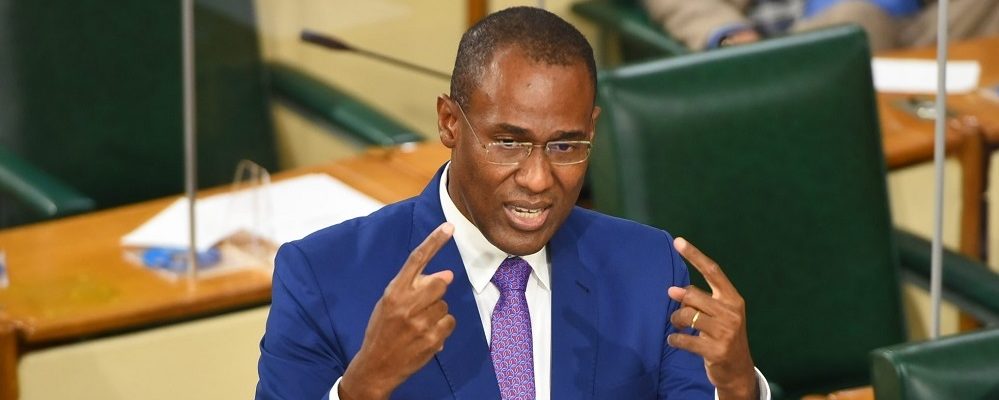
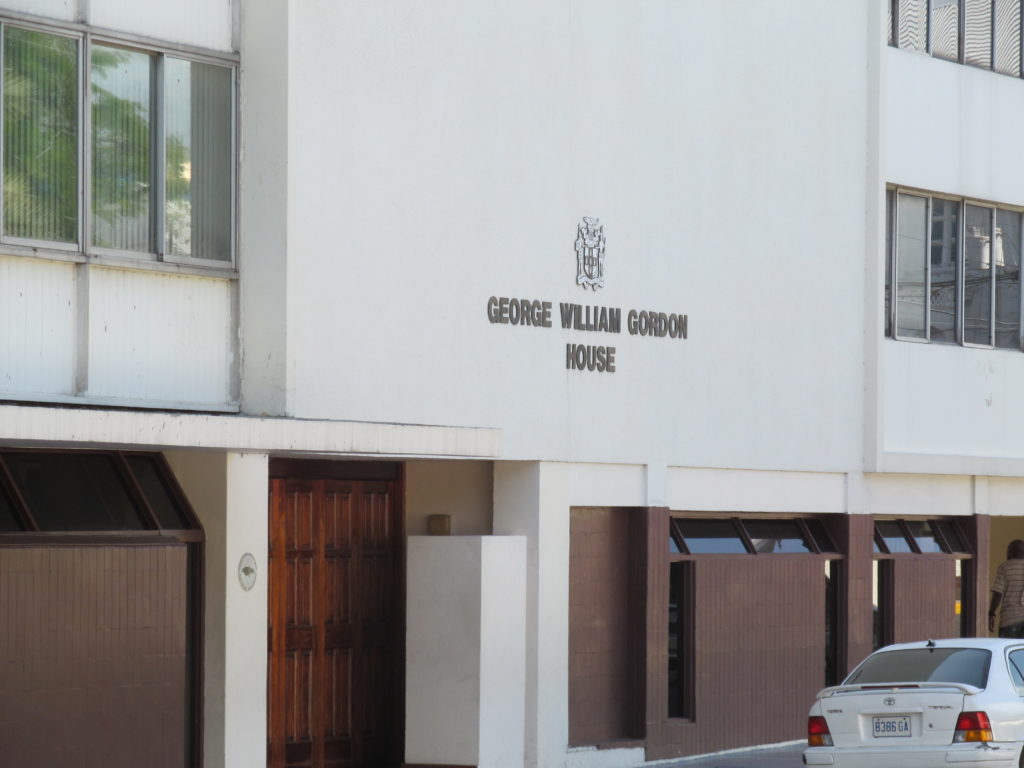
The Jamaican Government has announced almost $4 billion in new and additional measures to assist vulnerable citizens cope with the impact of the highest levels of global inflation experienced in 40 years.
In a statement to Parliament, Dr Nigel Clarke, minister of finance and the public service, stated that the measures follow the $3.5-billion assistance package announced in his closing presentation in the Budget Debate earlier this year.
Clarke said the new and additional social intervention measures, amounting to $3.8 billion, are represented by $2.7 billion of additional expenditure and $1.1 billion already accounted for in the Budget.
“The world is facing challenging times. After enduring two years of the COVID-19 pandemic, the worst pandemic in 100 years, and the historic economic contraction it induced around the world, the world now faces the highest levels of global inflation in 40 years.”
Dr Nigel Clarke, minister of finance and the public service
“The incremental $2.7-billion expenditure will initially be funded by advances from existing budgeted resources,” the finance minister said, noting that the advances would be cleared following regularisation of the expenditure in the First Supplementary Estimates 2022-2023.
“The world is facing challenging times. After enduring two years of the COVID-19 pandemic, the worst pandemic in 100 years, and the historic economic contraction it induced around the world, the world now faces the highest levels of global inflation in 40 years,” Clarke said.
“Supply chain pressures related to the dynamics of COVID-19 had a negative impact on prices towards the latter half of 2021. This has been seriously compounded by the war in Ukraine, which began earlier this year. So, even as we celebrate 8.2 per cent GDP growth for the 2021-2022 fiscal year released by STATIN [the Statistical Institute of Jamaica] yesterday, which represents a strong start to our recovery, and as unemployment at 6.2 per cent is at a historic low, we need to ensure that we continue to provide protection for the most vulnerable and those impacted by global conditions who are least able to absorb these shocks.”

The new and additional measures, the finance minister said, are aimed at ensuring appropriate demographic diversity of the intervention spend.
The measures include:
- $750 million for Independence Clean-Up of Parish Capitals of which $550 million will be allocated to the National Solid Waste Management Authority, and $189 million through members of parliament via the Constituency Development Fund; Amounts allocated via the Constituency Development Fund can be used for beautification, bushing and drain cleaning activities.
- $150 million for the trucking of water – $150 million under the Ministry of Local Government and Community Development (MLGRD) to facilitate the trucking of water to areas experiencing water challenges due to the erratic nature of rainfall islandwide and especially in the parishes of St Elizabeth, Clarendon and Portland but not limited to these parishes.
- $550 million in General Welfare Support for non-PATH beneficiaries in the following amounts (i) $189 million through the Ministry of Labour and Social Security (ii) $189 million through the Constituency Development Fund for welfare and economic enablement activities (iii) $70 million through municipal corporations for welfare and economic support (iv) $52 million for the Poor Relief through MLGRD and (v) $50 million through the MLSS Public Assistance Department
- $550 million to pensioners at the bottom of the income ladder. $450 million for 45,000 NIS pensioners who receive pensions less than $15,000 per month and $100 million for 10,000 social pensioners
- $1.789 billion in Back to School One-Off Grants. These will be implemented through the MLSS and directed towards 160,000 PATH school-aged children. In addition, $189 million in back-to-school education grants and assistance to non-PATH vulnerable students through the Constituency Development Fund.
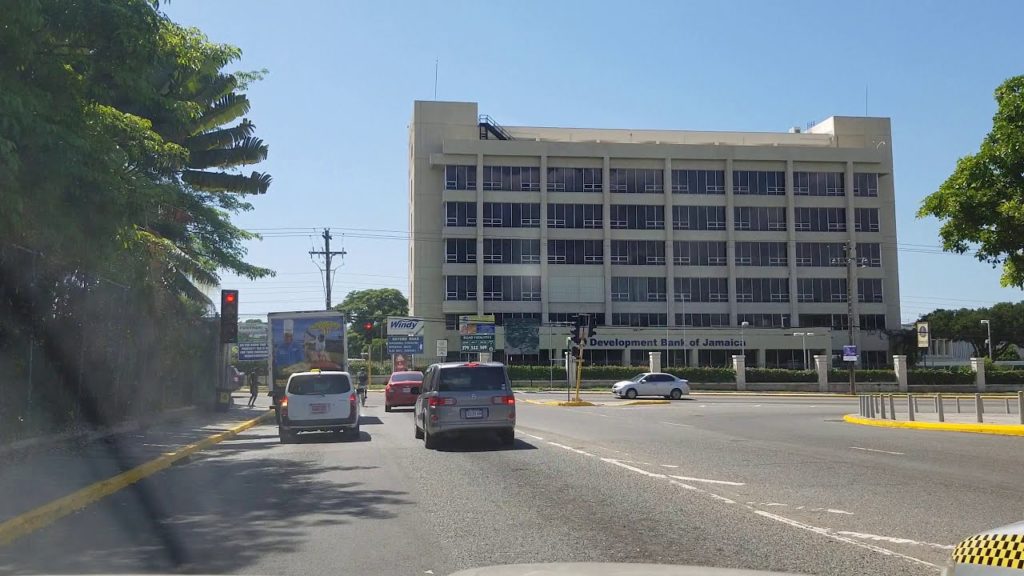
Noting the $9 million per constituency in additional support to the Constituency Development Fund (CDF), Clarke said each member of parliament should consult with the director of the CDF to be guided on the administration of the additional allocations.
The new and additional spending follows the $3.5 billion which had earlier this year been allocated toward social intervention measures, including:
- $800 million to provide assistance to public transport operators as a means of protecting the substantial number of Jamaicans who depend on public transportation. Of this amount $200 million is by way of loans from the Development Bank of Jamaica through microfinance institutions.
- $750 million for a food assistance programme targeting 75,000 persons to be executed through: the Ministry of Labour and Social Security partnering with NGOs; through the Constituency Development Fund (CDF); and the municipal corporations.
- $152 million for an increase in the allocation toward transportation assistance to students on PATH
- Approximately $2.0 billion to the GOJ Energy Co-Pay where the Government of Jamaica contributes 20 per cent of the JPS bill for all post-paid households that consume 200kWh of electricity or less, per month, over the four-month period of April 2022 to July 2022 as well as $3,000 per month over the same period for pre-paid residential customers.

Of these previously introduced measures, Clarke noted that the GOJ Energy Co-Pay has commenced and that, in April, 474,550 post-paid residential customers consumed less than 200kWh and the Government contributed 20 per cent of their bill for a total cost of approximately $501 million. This was reflected on May bills.
In addition, 9,235 pre-paid customers received $3,000 in electricity payment support paid in May.
In May, 478,461 residential customers consumed less than 200kWh and the Government contributed 20 per cent of their bill for a total cost of approximately $533.7 million. This was reflected on June bills.
In addition, 9,773 pre-paid customers received $3,000 in electricity payment support paid in June.
The finance minister also noted that applications opened for PPV operators and transport operators on June 20, and that a total of 3,000 applications have so far been received.
LOAN SCHEME FOR TAXI OPERATORS NOW IN EFFECT
Payments will commence in two weeks for applicants verified as having duly paid up PPV licences.
“I encourage those who have not signed up yet to do so. Applications will be accepted until the end of August,” he said.
In relation to the $200-million loan scheme for taxi operators, Clarke said the programme was now in effect and available through micro-finance institutions. Loan proceeds can be used for the acquisition of spare parts, batteries, tyres and repairs.
The minister said the Government has collaborated with leading NGOs to provide $200 million of social assistance relief in communities islandwide.

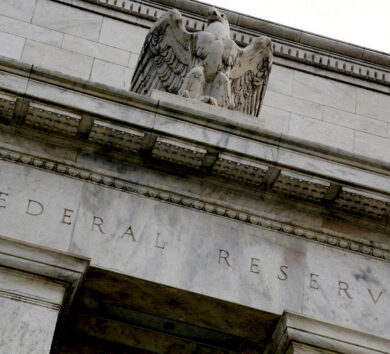
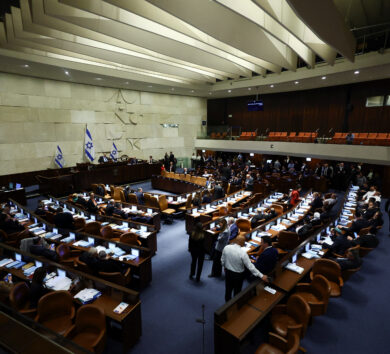
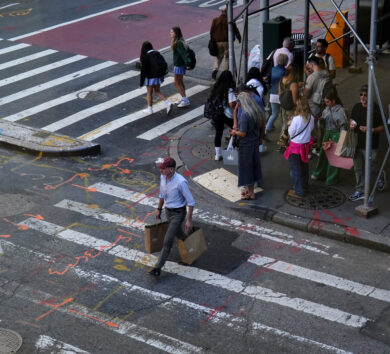
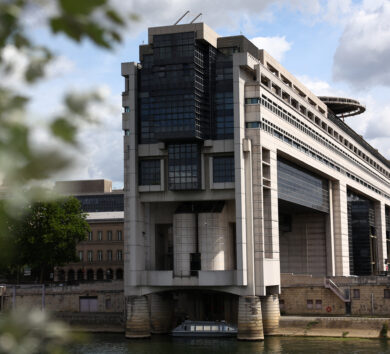
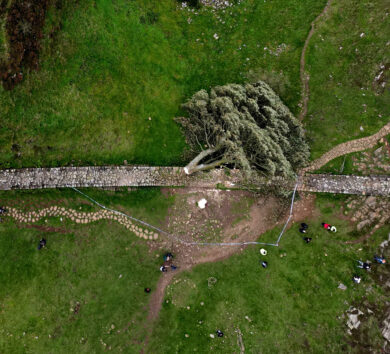
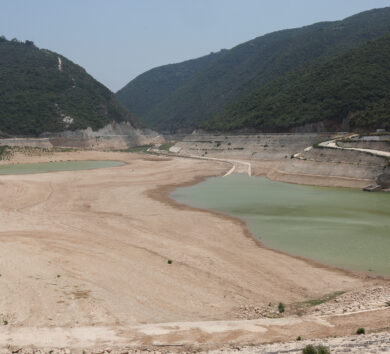
Comments